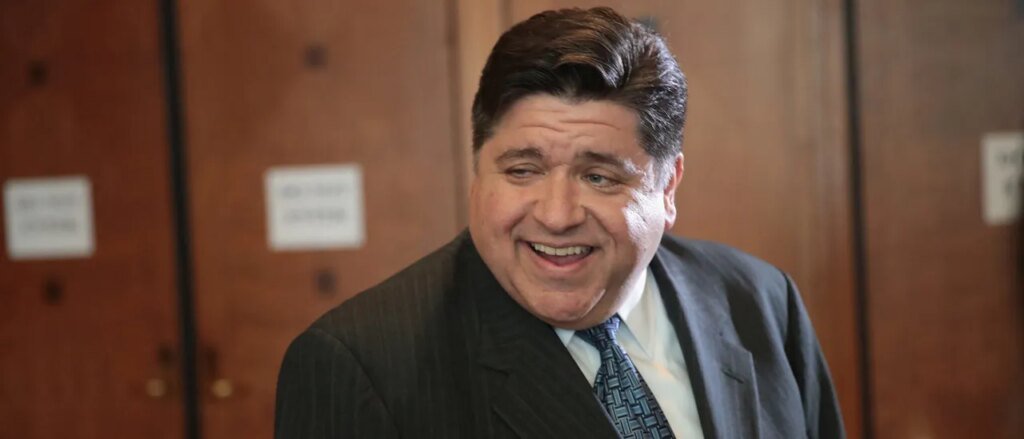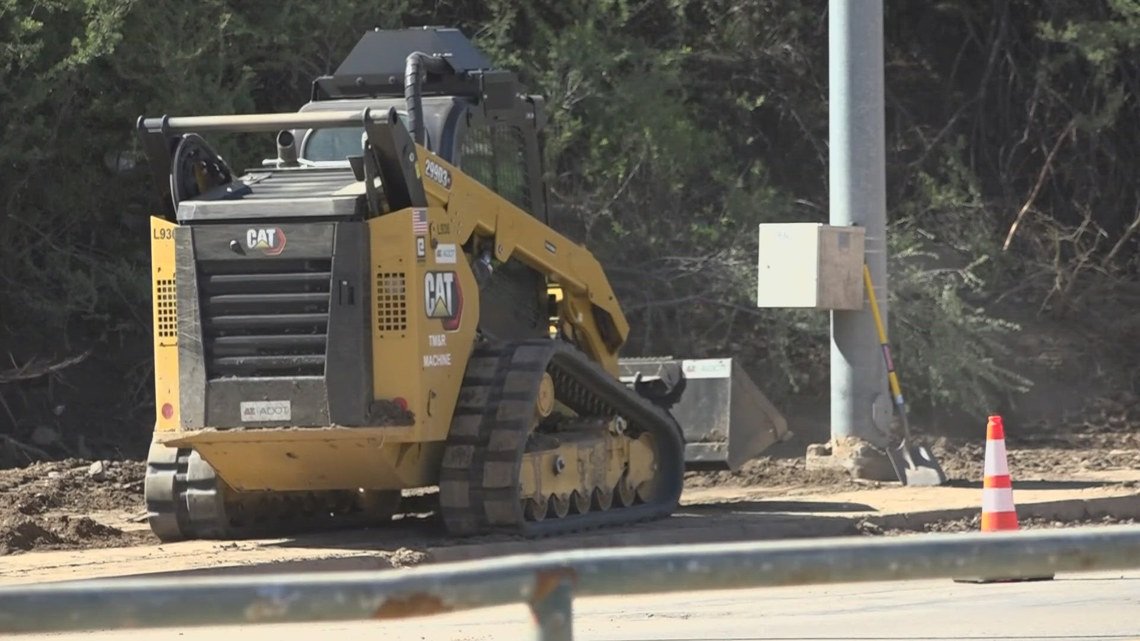The presidential ambitions of Illinois Governor J.B. Pritzker have become more apparent as he gets involved in the ongoing controversy over gerrymandering in Texas.
He recently spoke to many of the 57 Texas Democrats who left the state to prevent a redrawing of the Capitol map that would favor Republicans. During this discussion, he downplayed the seriousness of gerrymandering in Illinois, likening it to a “kindergarten children” issue.
Rather than advocating for a change in the governor’s authority to control mapmaking—whether in Texas or Illinois—he seems to accept the practice. If Illinois feels compelled to respond to the new Texas map, which is expected to increase Republican representation in Congress, he appears increasingly inclined to support Illinois Democrats. It’s kind of a double standard; he seems to believe that two wrongs don’t make a right, but when it’s politically advantageous, things change.
This situation serves as a clear example of why Illinois is in dire need of a fair map.
The congressional map approved by Pritzker in 2021 resulted in only 14 districts controlled by Democrats, alongside three Republican-held districts downstate.
If there are any doubts about gerrymandering, consider Pritzker’s own representative district. The 5th Illinois State Assembly District, represented by Democrat Mike Quigley, includes the governor’s home near Lake Michigan’s Gold Coast, stretching out towards Chicago’s western limit and even reaching O’Hare International Airport, where Texas Democrats arrived recently. The district’s shape has been described as resembling a salamander, which says a lot about how it was structured.
From 1963 to 1983, Illinois had 24 congressional seats with a mix of Democrats and Republicans, but that number dropped to 17 as the state’s population stagnated relative to others.
Each time state lawmakers redrew the map, they narrowed districts for those outside Chicago. In the upcoming 2024 presidential election, Democrats accounted for 54.4% of votes compared to 43.5% for Republicans.
Like Texas Republicans today, Illinois Republicans have also engaged in gerrymandering when in control of the state legislature.
When political leaders manipulate maps to serve their interests, it diminishes voter choice and leads to lower turnout. It represents a troubling twist for democracy.
Currently, the maps are seen as spoils of victory, with Pritzker potentially threatening to leverage them further against the last three Congressional Republicans in Illinois. While he may be embroiled in verbal conflicts with Trump, it reflects a troubling indifference towards Illinois voters.
Where is the candidate who promised in 2018 to pursue an independent mapping process and oppose biased legislative redistricting?
There is an argument that voters deserve more power away from politicians.
Sixteen states are currently using independent map commissions. A poll conducted in 2019 showed that 67% of Illinois residents favored such committees. Back in 2016, over 550,000 voters signed a petition for an independent committee, only to have it blocked by a lawsuit backed by former Illinois House Speaker Mike Madigan, who has since been found guilty.
A fair map should be both compact and representative of communities with shared interests. It’s confusing to determine who represents you when neighborhoods are split into multiple districts.
Pritzker campaigned on the idea of independent mapping, yet his actions since taking office suggest a departure from that commitment.
Unfortunately, the path Pritzker seems to be taking towards his presidential goals runs through the dramatic landscape of Texas politics, where he is positioned as a defender of fair maps.







